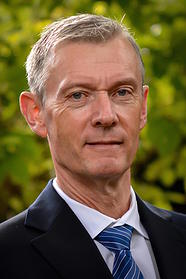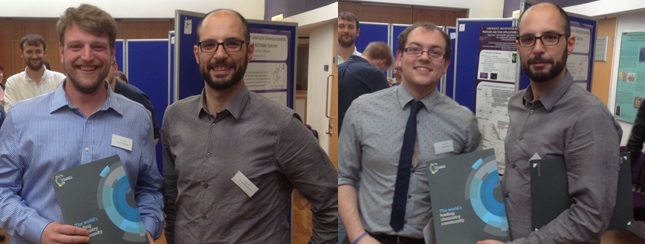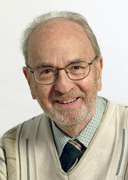Dalton Transactions is delighted to announce that Professor John Arnold (University of Berkeley, California) will become Chairman of the Editorial Board from 1st January 2016.
John’s research focusses on the study of new and unusual molecular inorganic and organometallic compounds of the d-, p- and f-block elements, which is at the core of the journal’s scope. He also looks into the novel reactivity and/or catalytic behaviour of small molecules using a variety of characterisation
He has been an Associate Editor for Dalton Transactions since 2002. In that time he has actively promoted the journal worldwide and contributed to the strategy of the journal, during a period in which the size of the journal has changed significantly.
“I am happy and honoured to be appointed as the new Chair of the Editorial Board of Dalton Transactions. I look forward to working alongside Andrew Shore and the entire RSC editorial team, the Editorial Board and the Advisory Board, to bolster Dalton Transactions’ current standing. Together, we will continue to build the journal’s reputation for high quality papers, fair, strong, and timely refereeing, and rapid publication times.”
Professor Philip Mountford (University of Oxford), current Chairman of the Editorial Board will finish at the end of December this year.
“I am delighted that John Arnold will be taking over as Chair of the Editorial Board. I know that under his leadership the board and editors will take the journal on from strength to strength. I have been very privileged to work with an outstanding group of professionals in the Dalton Transactions Editorial team and an equally talented and dedicated board.”
As the Chair of the Editorial Board, John will lead an international team of researchers from all areas of inorganic chemistry. Associate Editors Christine Thomas (Brandeis University) and Warren Piers (University of Calgary) handle manuscripts on organometallics, main group chemistry and homogenous catalysis; Pingyun Feng (University of California, Riverside) and Russell Morris (University of St Andrews), handle papers on solid state and inorganic materials chemistry; Guo-Xin Jin (Fudan University) handles manuscripts on supramolecular and coordination chemistry and Masahiro Yamashita (Tohoku University) continues to serve the field of magnetism. Submissions received in bioinorganic chemistry are handled Nils Metzler-Nolte (Ruhr-Universität Bochum). In addition to our Associate Editors, Polly Arnold (The University of Edinburgh) and Lars Kloo (Royal Institute of Technology) sit on the Dalton Transactions Editorial Board as Members.
John invites members of the community who have a question about Dalton Transactions – whether it be submissions, refereeing, service to the journal, or editorial concerns – to contact him directly. Alternatively please contact the Editorial Office at dalton-rsc@rsc.org and we will be happy to help.















